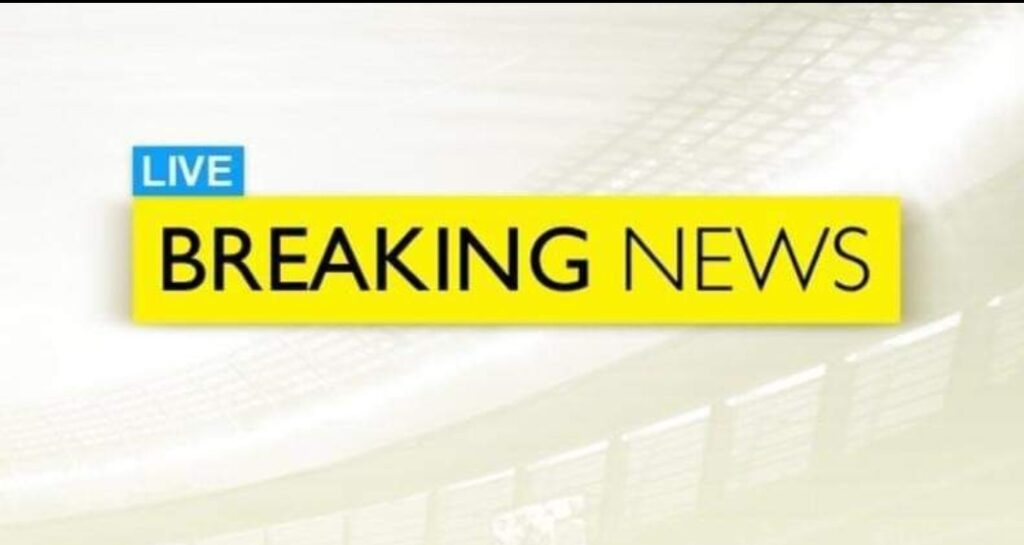As the transfer window neared its conclusion, Manchester United found itself in a pivotal position, particularly concerning the potential transfer of Harry Maguire.
Speculation heightened, pointing towards a possible move of Romelu Lukaku to Juventus, with Manchester United eyeing a valuable return – Juventus had shown interest in acquiring Argentine international Paulo Dybala.
Once considered one of football’s most promising young talents, Dybala’s progress stagnated when Cristiano Ronaldo joined Juventus. The partnership between the two lacked synergy, resulting in Dybala being deemed surplus during the summer transfer window.
While Manchester United appeared close to sealing the deal, recent developments have indicated a breakdown in the agreement.
The withdrawal is attributed to escalating transfer fees, as Dybala reportedly demanded wages similar to Alexis Sanchez, a commitment the club is unwilling to make. Additionally, potential pricing concerns raised by Dybala’s agency have contributed to the collapse.
Manager Ole Gunnar Solskjaer is now uncertain about Dybala’s genuine interest in moving to Manchester and has shifted focus to recruiting players eager for the move. There’s a perception that Dybala may not truly want to leave Juventus unless significant financial incentives are offered.
The collapse of the Dybala deal, however, is not expected to impact the potential trade involving Romelu Lukaku. Both Juventus and Inter Milan maintain interest, and negotiations for a deal between the two clubs remain feasible.
In the event of Lukaku’s departure without a replacement, Solskjaer expresses confidence that a younger player in the squad would step up to fill the void.
The intricacies of transfer window dynamics continue to unfold, with Manchester United navigating challenges and exploring alternatives as the window’s closing days approach. The uncertainty surrounding Dybala’s transfer underscores the intricate nature of negotiations in the football transfer world.
